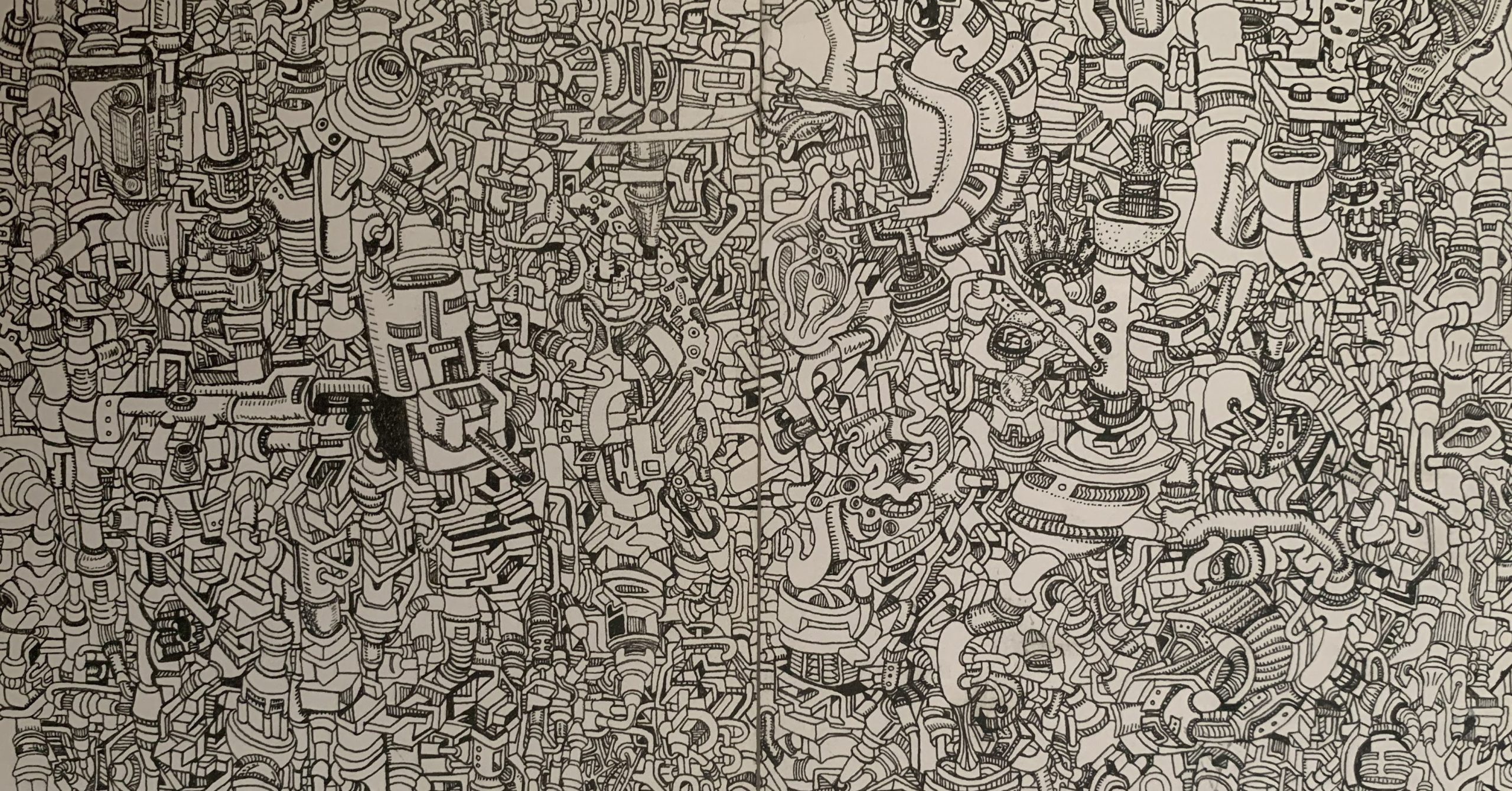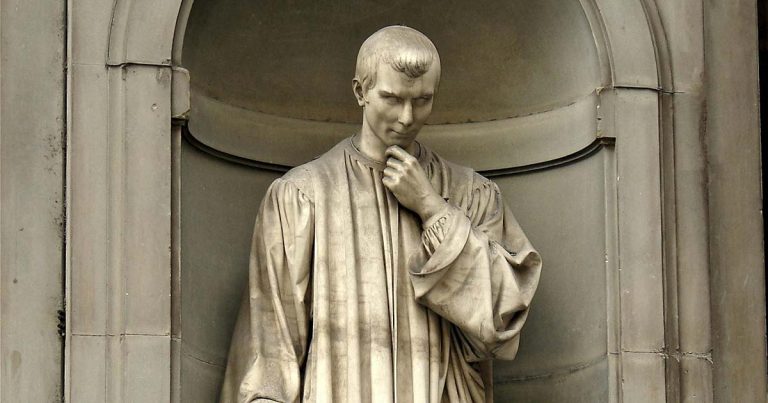
-
Femininity as ‘it’: Sexual Normativity within Schizoanalysis
Read more: Femininity as ‘it’: Sexual Normativity within SchizoanalysisGeorgia Gibbs asks if schizoanalytic de-subjectification can contribute towards a feminist account of sexual normativity.




